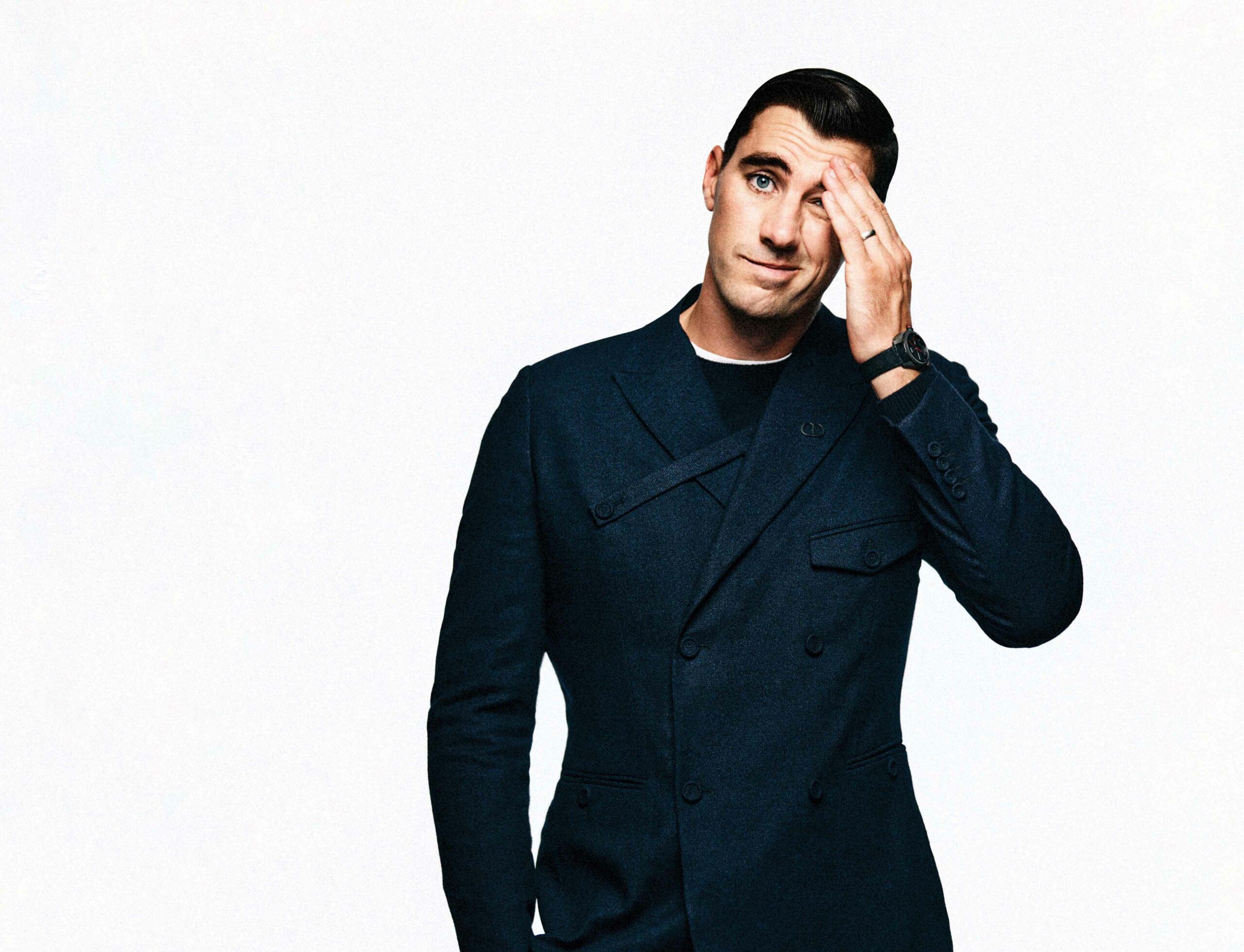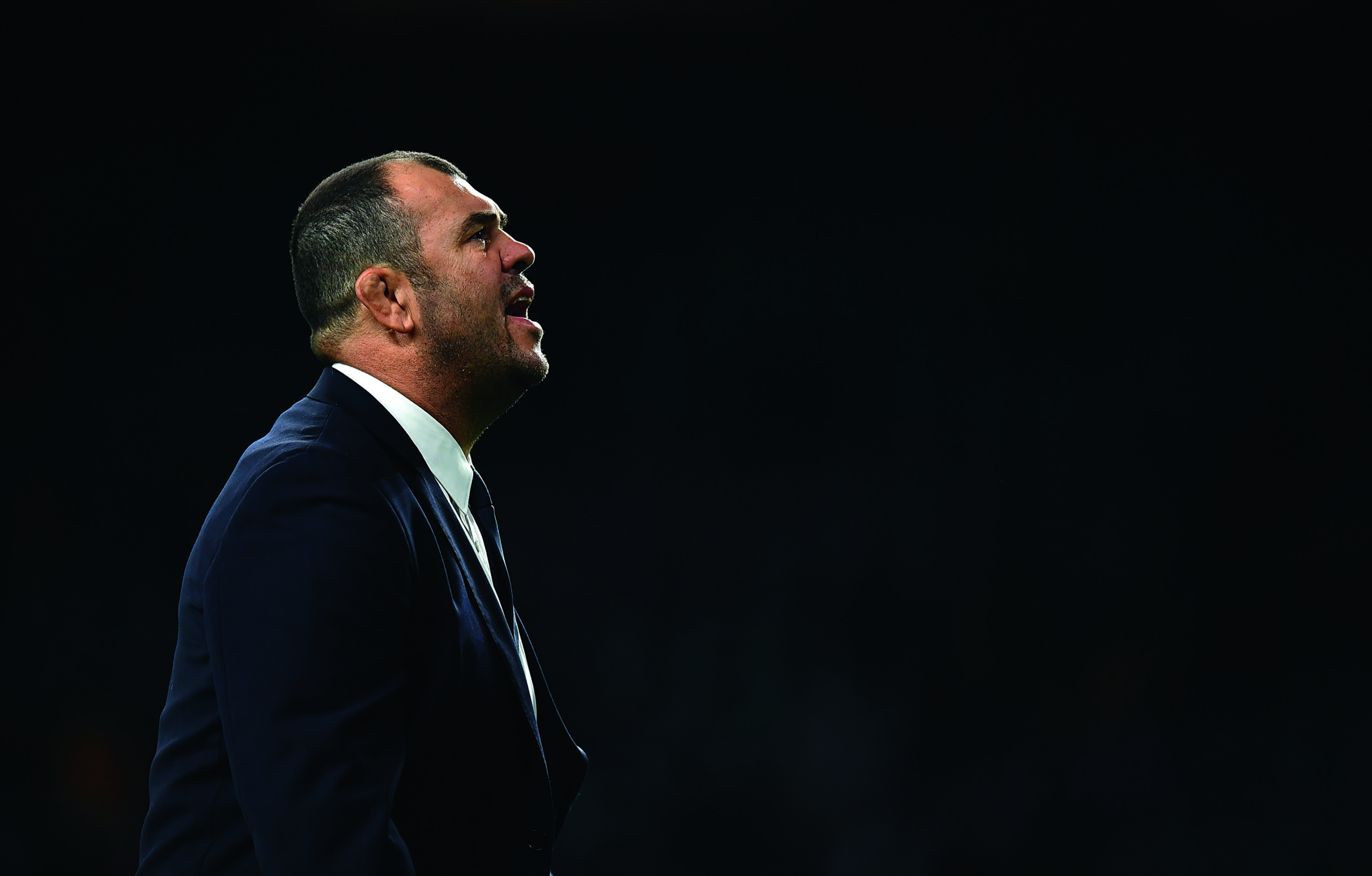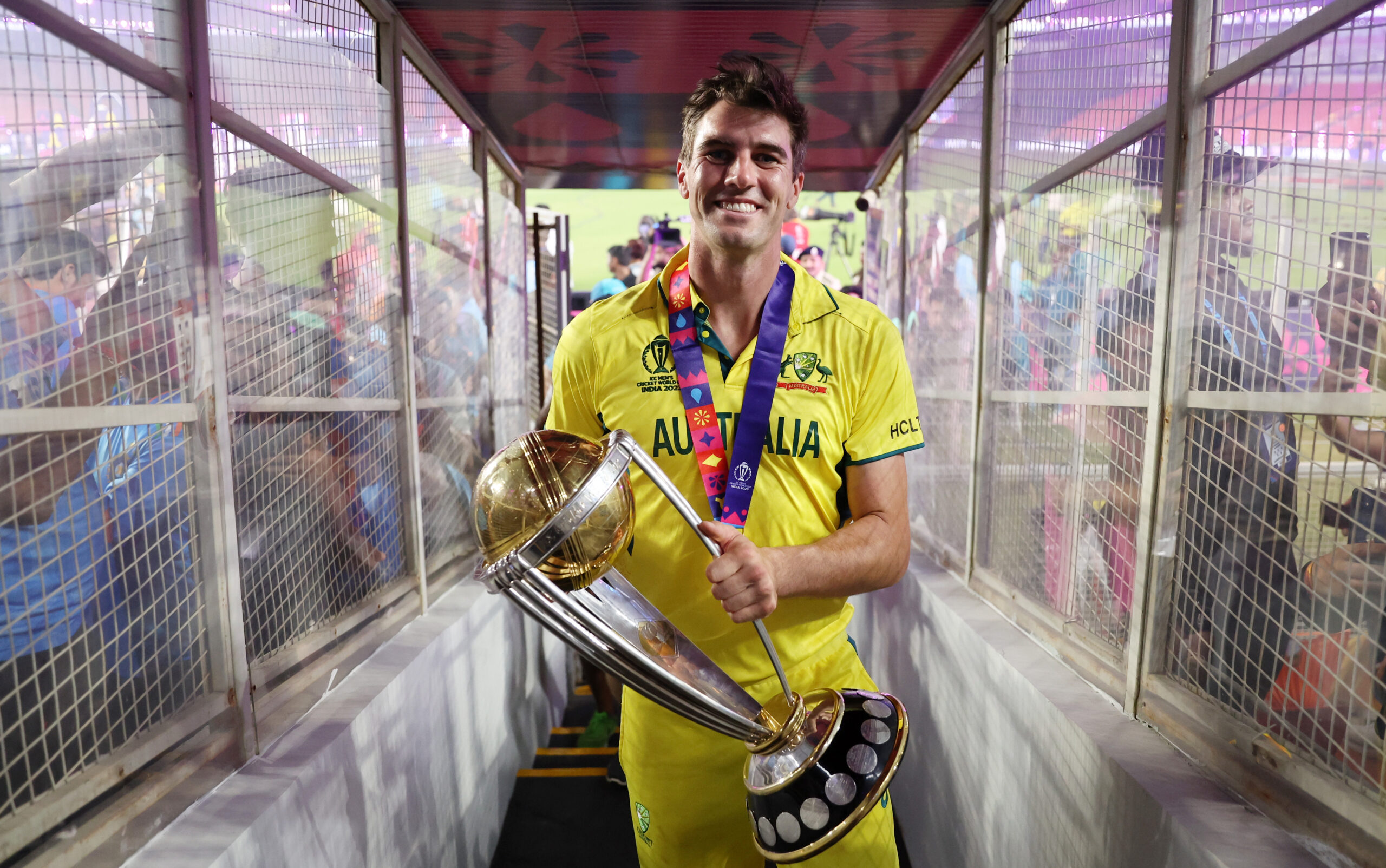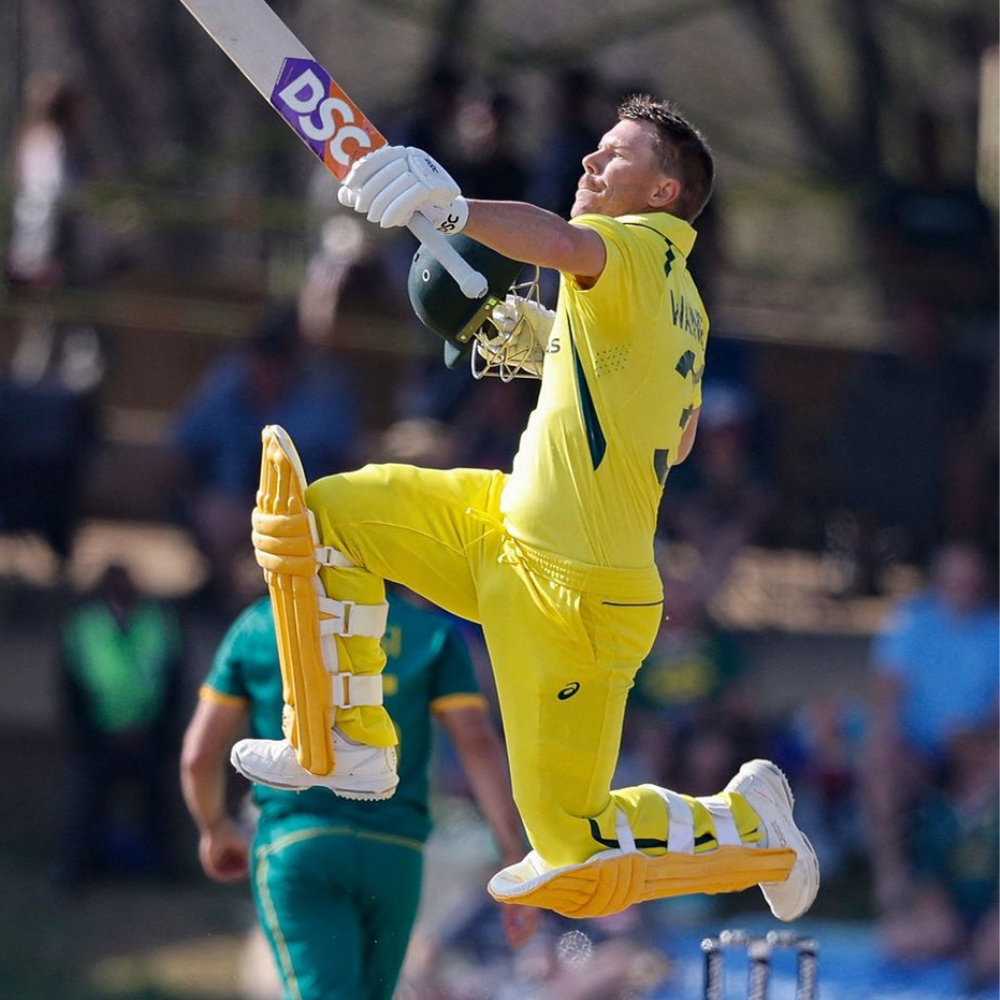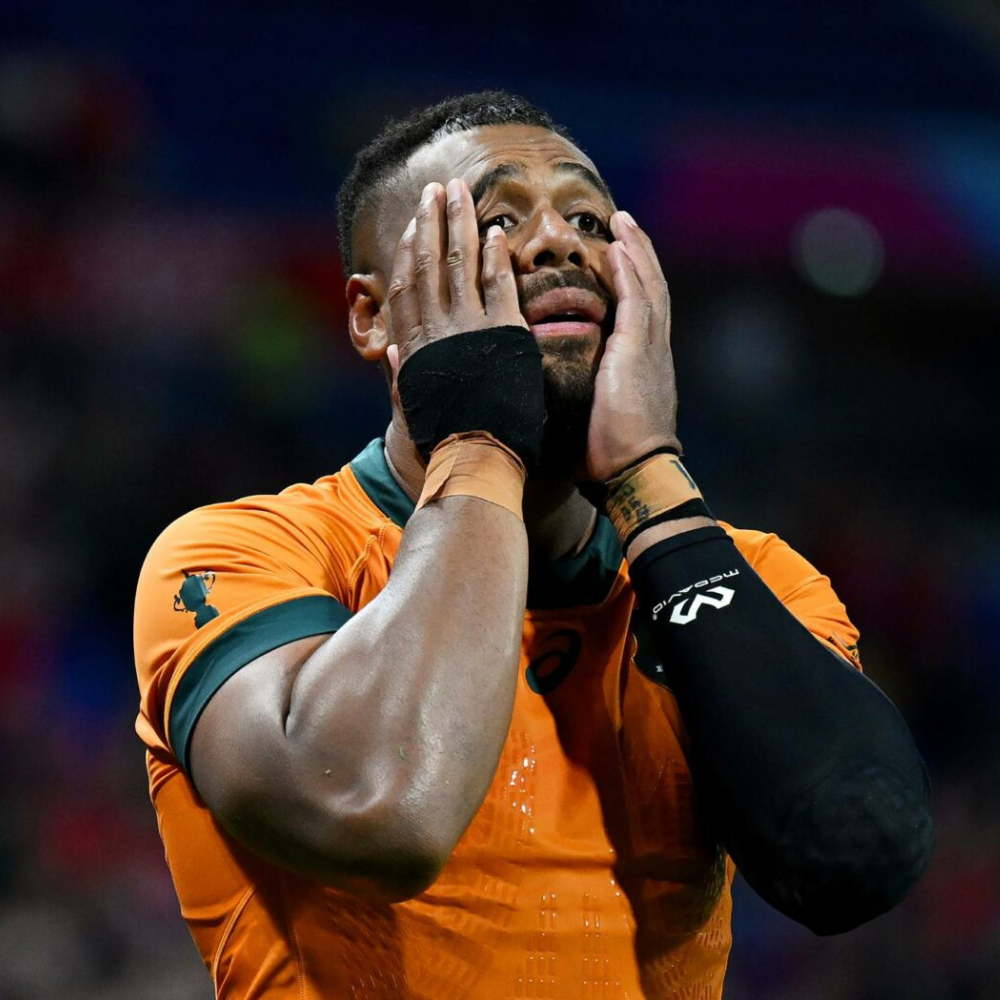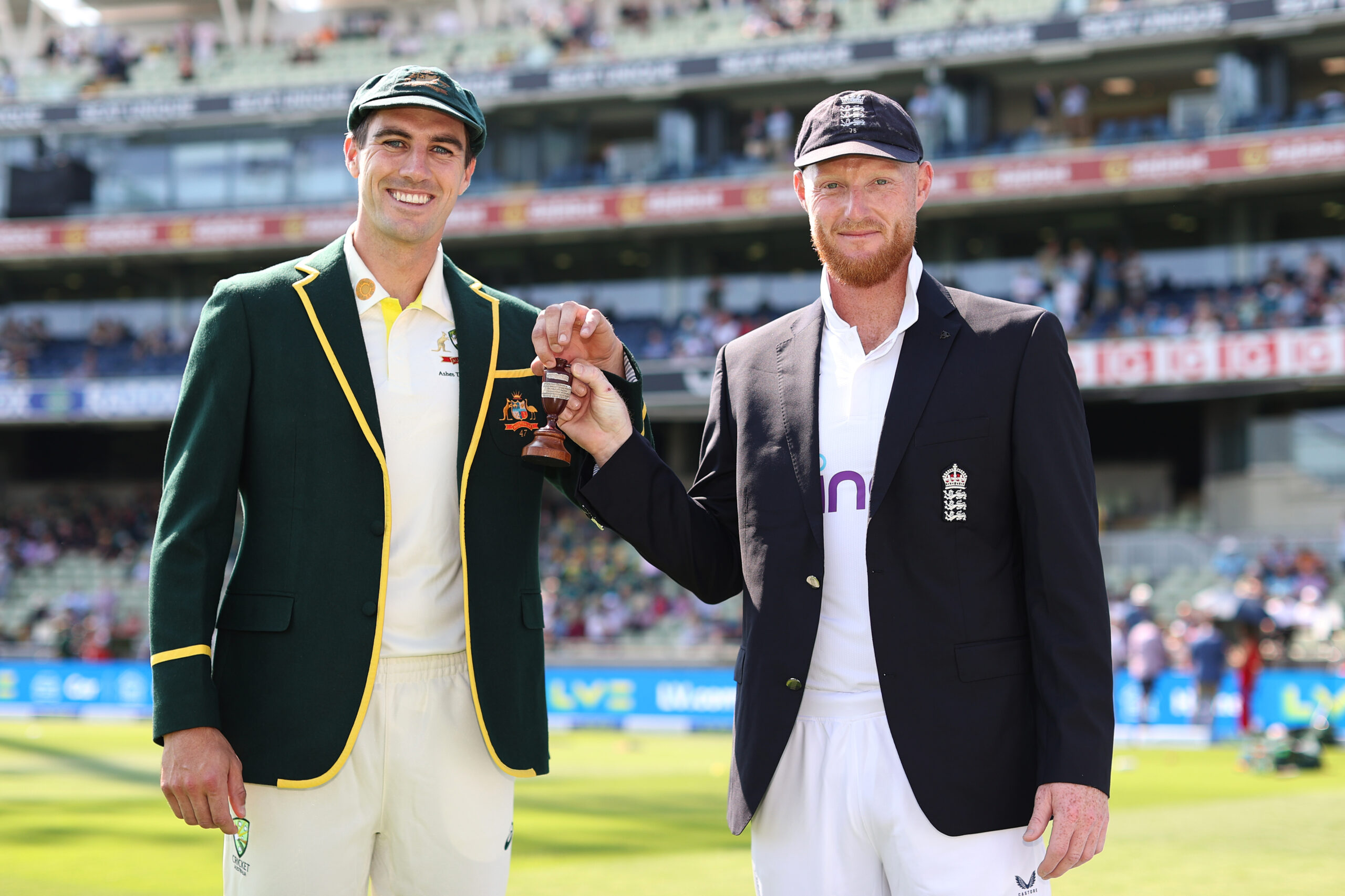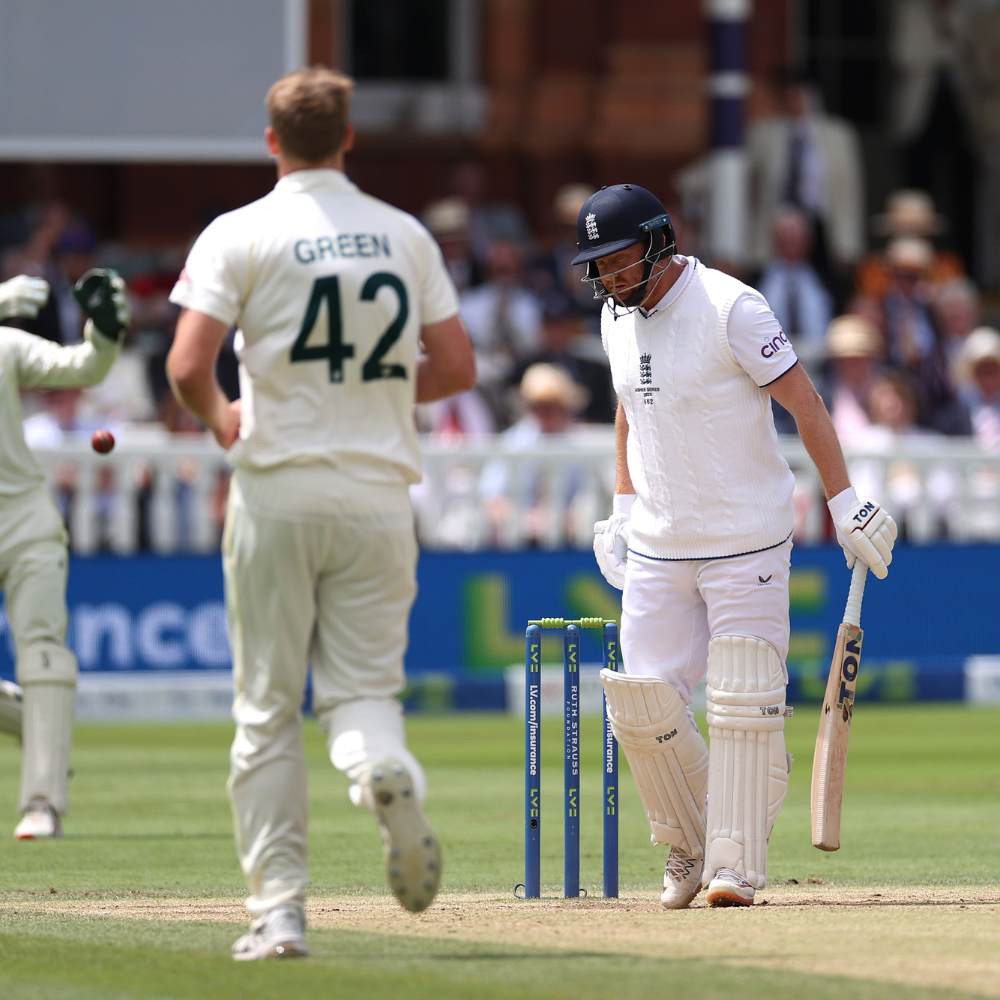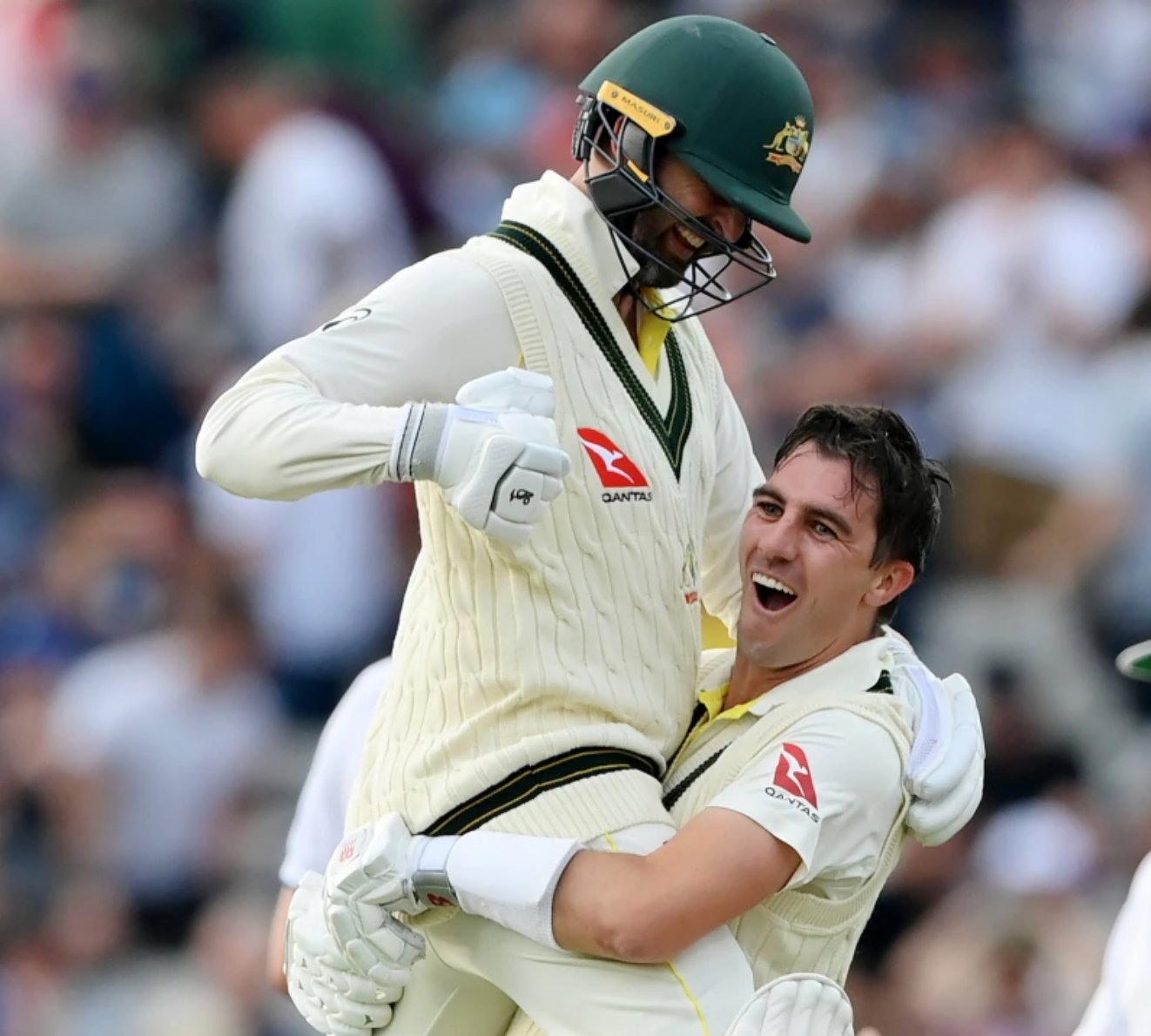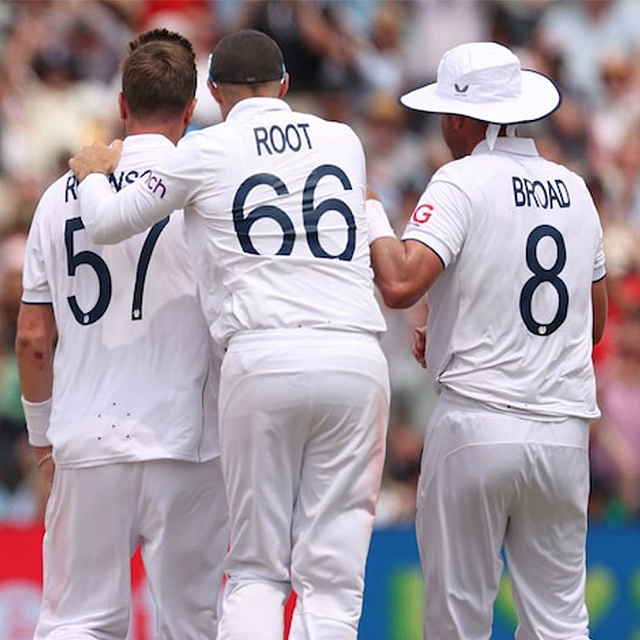Why is cricket returning to the Olympics?
The largely Commonwealth sport hopes to win new fans and revenue streams under the Olympic banner. But while it might seem an unlikely choice, the Olympics is no stranger to peculiar sports. In fact, it might just fit right in.
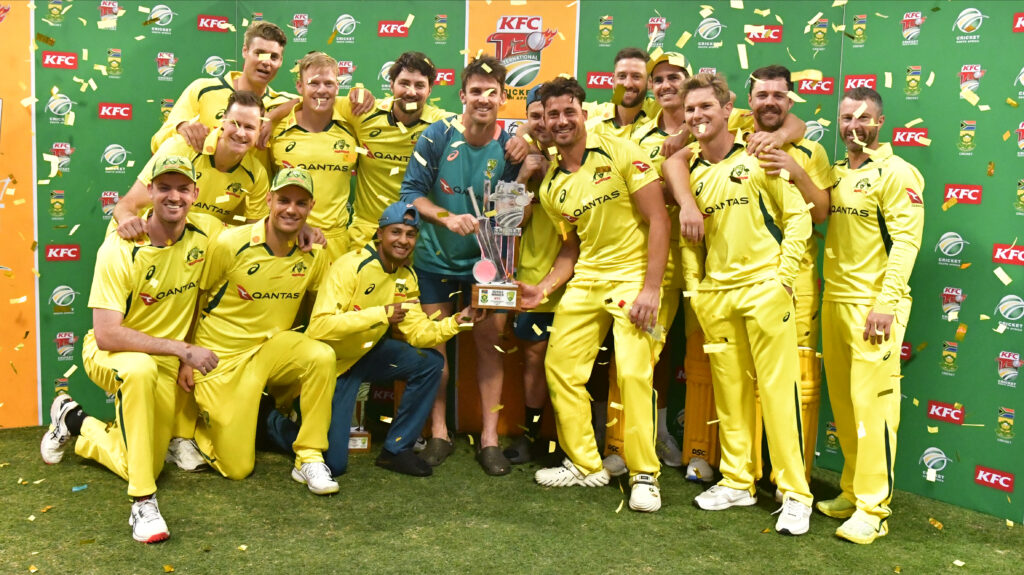
CRICKET, THE MOST English of games, a symbol of empire, a peculiar 19th century sport played largely by a handful of former British colonies, is to be added to the Los Angeles 2028 Olympic program, along with squash, lacrosse, flag football and baseball/softball.
The announcement of the five new proposed sports followed discussions between LA and the IOC’s Olympic program commission, with the sports expected to be formally confirmed by LA, and then officially ratified at the 141st IOC session in Mumbai on Sunday.
Cricket returns to the Games after its sole appearance in Paris in 1900 (this was a strange Olympics as we will see), when England and France played a single match. In LA28 the T20 format will be used for men and women. It’s highly likely that cricket will be retained by Brisbane 2032 as well.
“We are delighted that LA28 have recommended cricket for inclusion in the Olympics,” said Greg Barclay, the chair of the International Cricket Council (ICC), cricket’s governing body. “While this is not the final decision, it is a very significant landmark towards seeing cricket at the Olympics for the first time in more than a century.”
The reasons for cricket’s inclusion are largely, perhaps purely, financial. The Olympic broadcast rights in India for Paris 2024 went for a paltry $20 million. But experts believe this figure could rise to nearly $150 million now that cricket has been added. How’s that, indeed?
Despite the solid financial case, cricket faced a tough battle to gain acceptance into the Olympic family. LA, which couldn’t care less about the game, was advocating for flag football (a non-contact five-a-side version of Grid Iron) and baseball/softball. Allegedly discussions were heated and relations strained, which pushed the decision back a month.
Getting into LA28 is a significant win for cricket as a strong showing will build momentum for inclusion in future Olympics, said Michael Payne, former director of marketing and TV at the IOC. “Would cricket have got into Brisbane 2032? No question. But then it would have risked being a one-time show and cricket wouldn’t have had any momentum to get on to the 2036 program. Now, if it delivers in 2028, it has a pretty solid chance of going fully on the Olympic program.”
Does cricket actually need the Olympics? It already makes a motza in the Indian Premier League (IPL), which has a brand value of over $3.2 billion and an average salary of $5.3 million. But finance isn’t everything. The game needs eyeballs outside of the subcontinent to truly grow into an international sport and even to further enrich the IPL. After the 1992 Olympics, when pro basketballers were allowed to play for the first time, basketball became a truly global sport, with over 120 players from 40 countries turning out last season. Perhaps, after the exposure it receives at the Olympics, the IPL may one day field players from all corners of the globe, not just former Commonwealth countries, as it does now.
Certainly, spots on the Australian Olympic cricket team will be keenly sought after. Just as many pro-tennis players have been keen to add gold medals to their trophy cabinets, our cricketers will likely be just as enthusiastic to compete and you can probably expect the Big Bash to become a more prestigious and intensely fought tournament in the seasons ahead, as players attempt to make a name for themselves as T20 players and put themselves in Olympic contention.
Now, it’s up to cricket not to blow its opportunity. There have been plenty of one-Olympics wonders, including breakdance, which will feature in Paris 2024 but has been dumped by LA, perhaps to make way for one of these five new sports—there is a 10,500 athlete quota at each Olympics.
Right now, you can bet that there are people in America questioning cricket’s involvement in the Olympics, just as we might wonder at how Flag Football, a sport barely played outside the US, managed to make it in. But there have been plenty of strange Olympic sports over the years (see below for some of the weirdest), so perhaps cricket will be at home in the Olympic family after all.
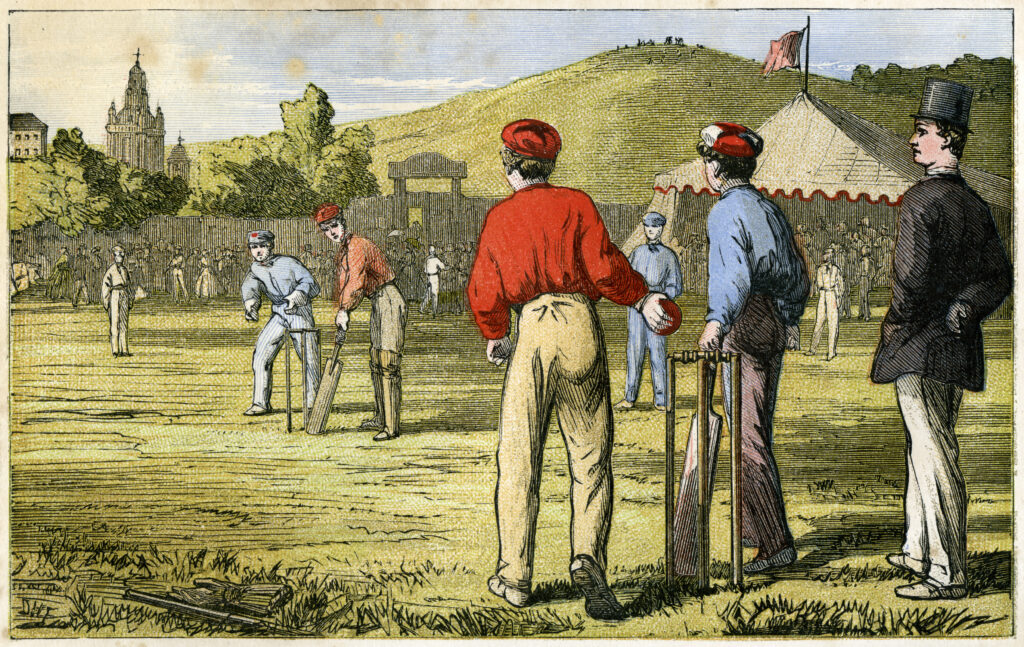
The strangest Olympic sports
Horse long jump and high jump
This sounds like equestrian on horse steroids. It happened at Paris 1900.
Plunge for distance
A potential drowning hazard and surely tough to adjudicate back in 1904 in St Louis, when this baffling event took place. Competitors had to dive in the pool and see how far they could drift underwater until they surfaced, up to a maximum of a minute later. The event was won by American, William Dickey, with a distance of 62.5 feet.
Live pigeon shooting
Paris 1900 was a shit show. Not only did it feature cricket, haha, but pigeon shooting. The event was won by Belgium’s Leon de Lunden, who murdered 21 pigeons among more than 300 dead birds strewn across the field. This would seem to fail the Olympics’ noble charter.
Pistol duelling
Not as cool as it sounds. In Stockholm 1912 athletes fired at mannequins dressed in frock coats with targets painted on their chests.
200m swimming obstacle race
Of course, we’re back in Paris 1900, where swimmers had to climb up a pole, over a row of boats and swim under another boat. It was won by an Aussie, Fred Lane—should have kept it.
Poodle clipping
Where else would you expect an event like this to occur but Paris 1900, where 128 competitors had to clip the fur off as many poodles as they could in two hours. It was only a test event—even the Parisians of 1900 had to draw the line somewhere. Needless to say it didn’t make the cut at the next Games. The winner was Avril Lafoule, who claimed gold with a total of 17 clipped poodles.
Walking
You do have to wonder how walking ever managed to nab an Olympic guernsey and keep it as it has done for nearly 120 years since 1904, where it appeared in the form of a half-mile (805m) walk in the all-round competition, the precursor to the 10-event decathlon. Competitive breathing is probably not far away, particularly with the rise of Wim Hof and his acolytes.
Related:









